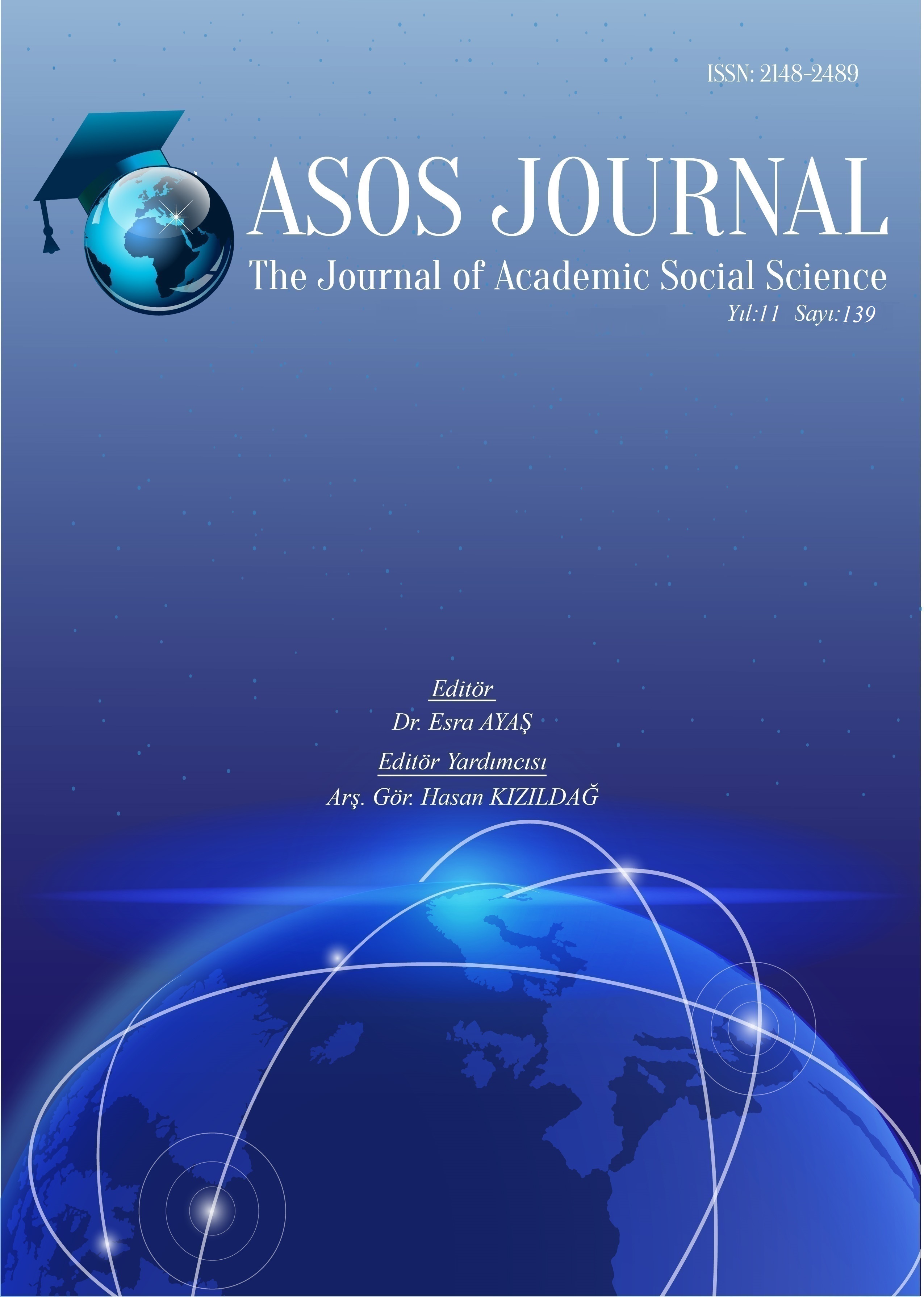Author :
Abstract
Bu çalışmada, proje tabanlı yöntemle öğrenme ve proje tabanlı öğrenmenin tarihsel gelişim süreci, proje türleri, proje ile ilgili hazırlık yapma aşamaları, proje tabanlı öğrenmede eğitmenin rolü, proje tabanlı yöntemin avantaj, dezavantajları, proje tabanlı öğrenme yönteminde değerlendirmeye, yapılan çalışmaların incelenmesine yer verilmiştir. Proje tabanlı yöntemde, süreç boyunca öğrenenlerin istenilen amaçlar için öğrenme aşamalarını planlayıp geliştirdikleri, araştırıp inceledikleri, toplu bir şekilde çalışma yaptıkları, belli sorumlulukları üstlenebildikleri, veri elde etme gibi becerileri geliştirmeye yönelik süreci kapsar. Proje tabanlı öğrenmede öğrenci ana merkezdedir. Hayattın içindeki uygulamalar ve konuların içeriğine göre şekil veren bir yöntemdir. Bu yöntemle çalışmada, öğrenciler birlikte çalışma yapmanın ötesinde farklı işlerde yürütmektedir. Yapılacak işleri planlayıp belli basamaklara ayrılması sağlanır. Bu öğrenmenin sonuç aşamasında, yapılan etkinlikler bu aşamada ortaya koyulan ürünlerin tamamının değerlendirilmesi değildir. Ortaya çıkarılan sonuç ile beraber ürünün geçtiği aşamalar da belli bir önem derecesindedir. Genel anlamda değerlendirme, ortaya çıkan ürünün ve aşamalarının beraber değerlendirildiği bir süreci ifade eder.
Keywords
Abstract
In this study, the historical development process of project-based learning and project-based learning, types of projects, the stages of preparation for the project, the role of the educator in project-based learning, the advantages and disadvantages of the project-based method, the evaluation of the project-based learning method, and the examination of the studies are included. In the project-based method, the process includes the process of developing skills such as the learners plan and develop the learning stages for the desired purposes, research and examine, work collectively, undertake certain responsibilities, and obtain data. In project-based learning, the student is at the center. It is a method that shapes life according to the applications and the content of the subjects. In working with this method, students engage in different jobs beyond working together. It is ensured that the work to be done is planned and divided into certain steps. The activities carried out in the final stage of this learning are not the evaluation of all the products put forward at this stage. Along with the result, it has a certain degree of importance in the stages that the product goes through. In general terms, evaluation refers to a process in which the resulting product and its stages are evaluated together.





